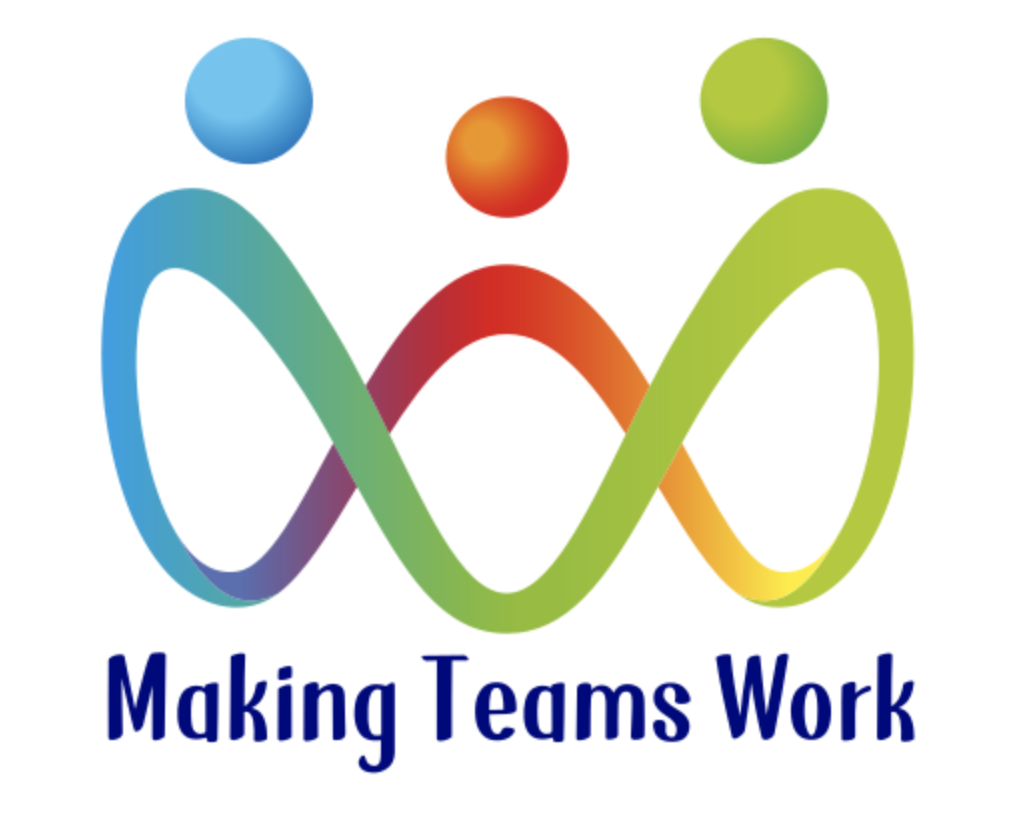Practical skills for challenging environments.
“Our resilience behaviours can be modelled to match the situations we face. This battery of tools provides specific feedback to be more effective and view adverse situations as opportunities"
(Dr Larry Mallak, creator of the Workplace Resilience Instrument)
Todays workplace is fast-paced, highly complex, and even life-threatening for some. Yet it is possible to thrive in the 'pressure cooker' of modern working life.
Resilience is not some genetically inherited or mystical gift that some have while others do not. It is a multifaceted, dynamic and embedded part of being human, as much as it is a part of all living things. We are built to adapt. Some of us have adapted more than others, and in different ways.
People who are more resilient are able to handle the daily stresses of life calmly andmore effectively. We all know people who find an inner strength when faced with a chaotic situation and, despite what is going on around them, have an ability to see the bigger picture, identify the critical actions necessary and just get things done.
However, this does not mean that they walk away from it unchanged. Often they find themselves completely drained and needing time to recuperate and process what happened. While we might think that experiencing challenging situations such as multi-vehicle road traffic collisions might have only negative impacts on those emergency service personnel involved, studies have shown that these experiences actually can build resilience – at least for some of us.
The impact of not being resilient is costly to individuals, organisations, families and society as a whole. High levels of resilience positively impact all of these contexts. In organisations where there is high complexity, risk and/or high rate of change, high resilience levels can have a positive effect.
There is some good news, however, and that is that resilience can be developed. Enabling people to build (or rebuild) their resilience is more likely to have a significant impact on their wellbeing than head massages at their desk or away-days doing blind 4x4 driving – as enjoy- able as these might be.
A series of workshops has been created to explore and learn the principles in the book 'The Resilience Toolkit'. You can find more details by clicking on the icons below.
Build your teams resilience

Equip your team with the core skills necessary to improve their resilience. (1 day)
Build personal resilience

Build personal resilience for those people who don't routinely work together. (1 day)

Customised, interactive workbooks.
Whichever workshop you participate in, you'll be given a customised workbook designed to maximise your learning.
It is packed with useful content, so all you need to bring is a pen, your questions, and an enquiring mind ready to explore, learn, share and have some fun!






